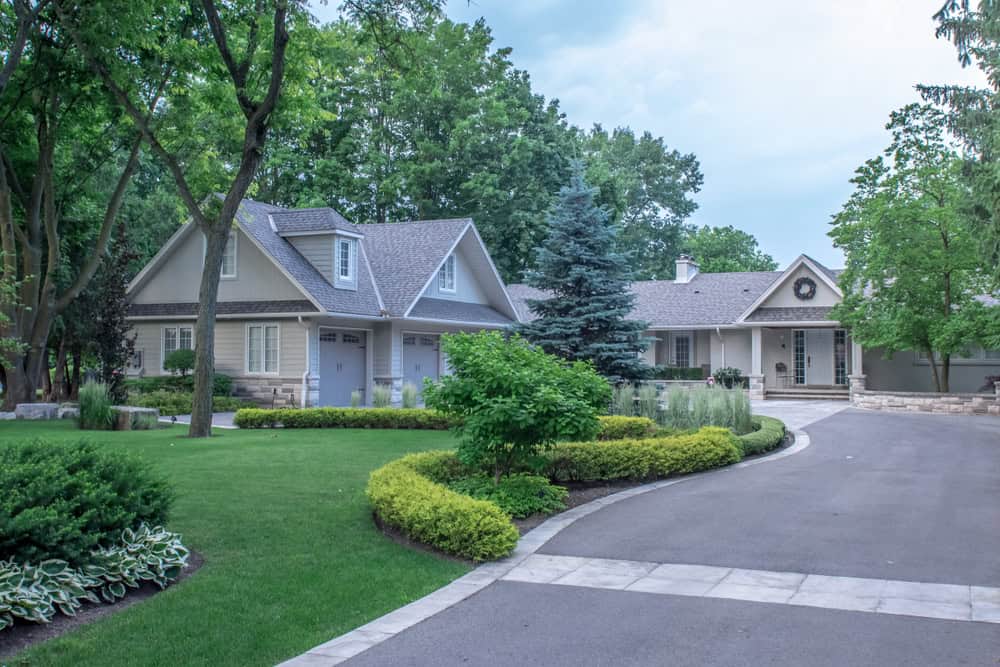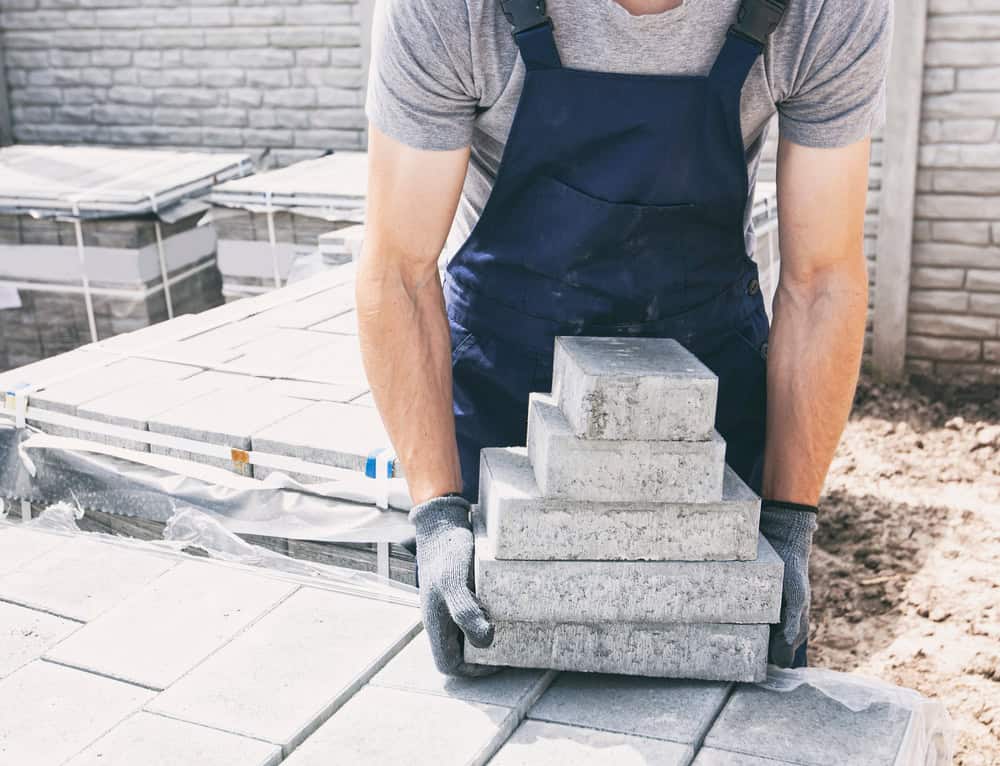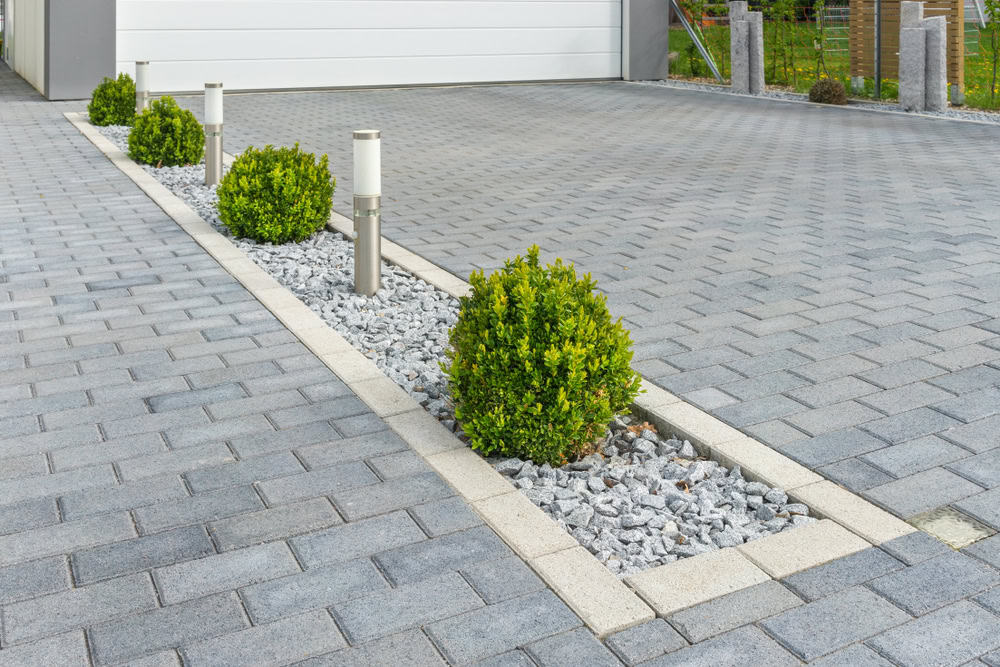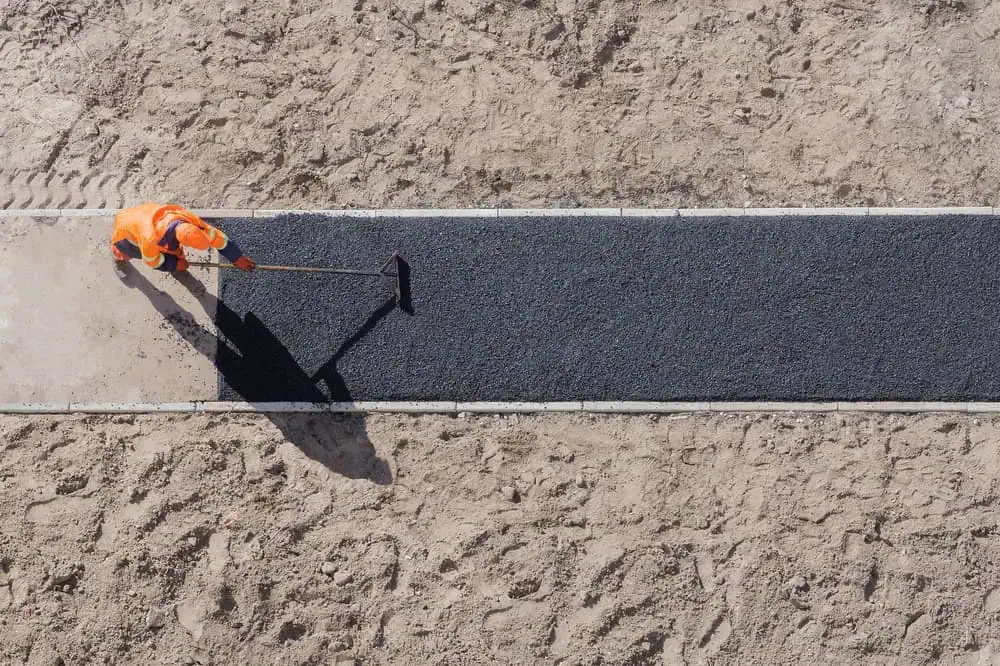Professional paver installation that handles New England winters without cracking, shifting, or falling apart.


Your outdoor space becomes an inviting extension of your home. No more avoiding that cracked concrete patio or dealing with puddles every time it rains.
With properly installed pavers, you get a surface that stays beautiful season after season. Quality paving installation handles New England’s harsh freeze-thaw cycles without the ugly cracks and shifting that often happens with concrete. And if there’s ever an issue, you just swap out the damaged patio pavers, not the whole surface.
You gain instant curb appeal that catches eyes and potential buyers’ value. Most importantly, you enjoy peace of mind knowing your paving contractor did the job right the first time, using proper materials and methods for tough Massachusetts weather.
Academy Masonry has been handling paver installations in Lowell and surrounding areas long enough to understand what works and what doesn’t. We know the soil conditions, drainage challenges, and weather patterns that affect how pavers perform over time.
Every project starts with proper base preparation—the part you don’t see but determines whether your pavers stay level for decades or start shifting within a few years. We use the right materials and follow proven paving installation methods that handle New England’s unpredictable weather.
Our focus is straightforward: quality results that last. No shortcuts, no surprises, and no coming back to fix problems that shouldn’t have happened in the first place.

Every paver job starts with excavation to the proper depth—usually 8-10 inches, depending on the application. We remove existing surfaces and dig deep enough to make space for a sturdy base that keeps your patio pavers or brick paving stable.
Next, we prep the base with layers of crushed stone, carefully graded and compacted in stages. This foundation layer handles water drainage and prevents settling. Then we add a layer of leveling sand, screeded perfectly flat so your patio pavers or brick paving go down smoothly and evenly.
We lay your pavers in the pattern you choose and secure the edges to prevent any spreading over time. We sweep polymeric sand into the joints and compact everything together. The result is a unified surface that moves as one unit instead of individual pieces that can shift.

Ready to get started?
Every paver installation includes complete site preparation, proper base materials, and professional-grade edge restraints. We handle permits and make sure all utilities are marked before excavation begins.
You get hassle-free material delivery, debris removal, and a thorough final cleanup when we’re done. We source pavers from established suppliers who stock replacement units, so if you ever need additional pavers in the future, you’re covered. All installations include proper drainage consideration, which is critical in our area to prevent frost damage.
We explain maintenance requirements upfront so you know what to expect. Most paver surfaces need joint sand replenished and periodic cleaning, but nothing as intensive as the ongoing repairs concrete typically requires in New England climates.

Local Resources